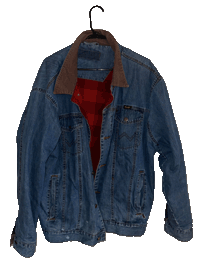


RK: I know that you're also like a queer filmmaker that you've like,
worked on documentaries and like, movies and stuff. Um, but what is
your creative process, what is your creative process when you are
like oh,this. is going to be like a queer film or like, this is
going to be specifically queer.
AK: Yeah, my first couple (movies)
were, and then on the first one, which was kind of it didn't really
go to only like a film festival, made by students, and we didn't
have much of a budget. But I think I found at that point, a need to
tell stories. I got really angry when one of my films was awarded a
grant from the Rhode Island Council, and they were short films, so
they screened them. And I went to one and it was a straight
filmmaker making a film about transgender people. And essentially,
his little short film was like. Queer people, don't embrace
transgender people. And I got really mad at my partner at the time
we made films. were like, this is so wrong . It's so messed up, you
know, we're like, we should do our own film. You know, there should
be a film from a queer perspective. So part of that was just being
upset about kind of people. And I'm sure this happens with all
minorities. Yeah, when I did my Native American film, I've, you
know, we work closely with the native people, but I'm sure they were
like “they're not going to get this right” So I think that was part
of that. And we were raising money in Boston, and we had a big
fundraiser, and some of the people within the community are like,
Oh, these are for the this is for the tranny film, so I felt even
within the queer community. There was kind of misinformation too. So
I think part of it was just… and I think a lot of filmmakers,
artists feel that, you know, we're not really the stories that have
to be told from people within the community.